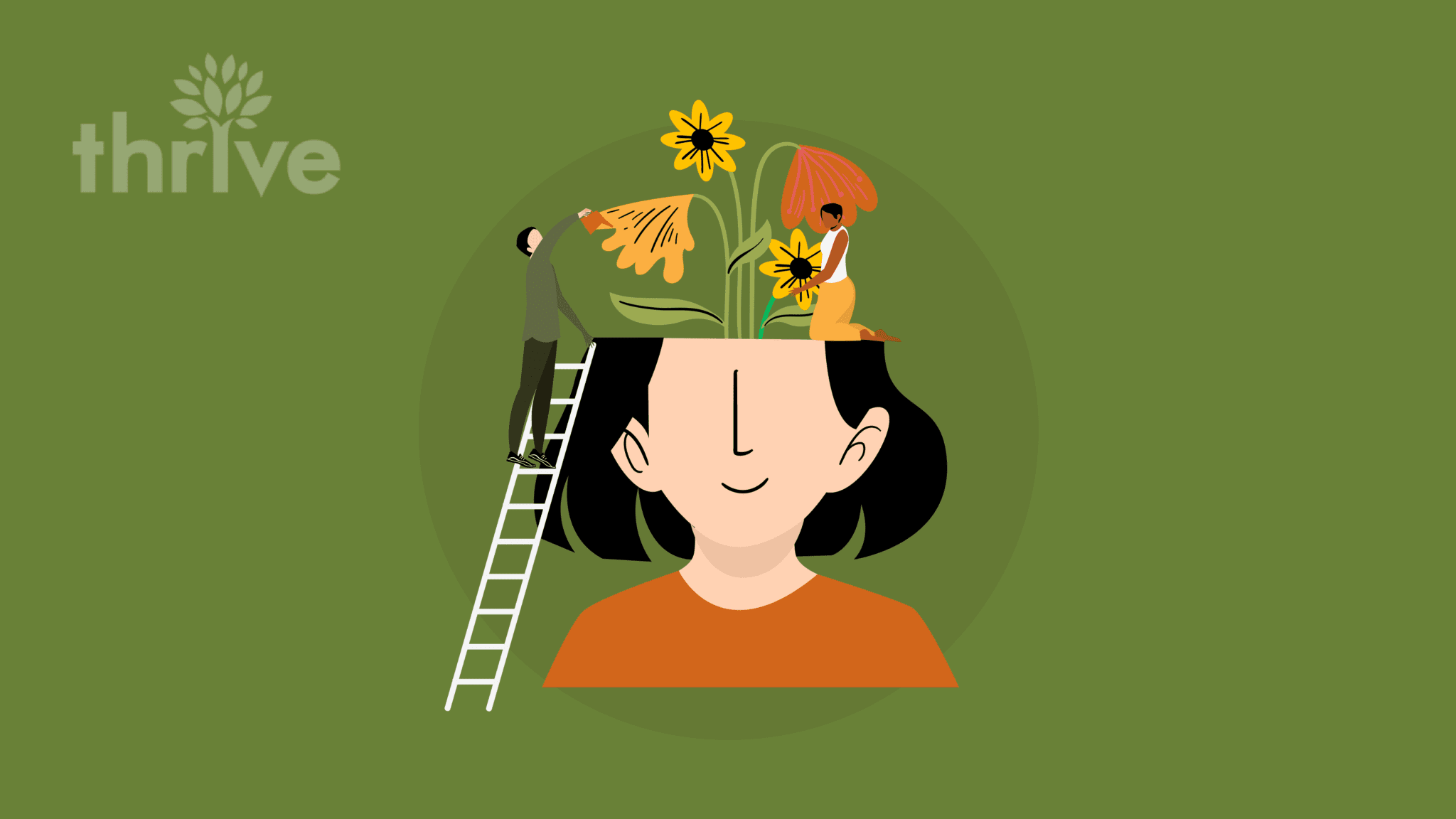May is Mental Health Awareness Month, bringing to the forefront the need to keep the conversation on this topic going. Mental health and mental illness are significantly stigmatized, which makes having a real conversation about mental health tough to do for many sufferers and their family members. Because of the devastating consequences of COVID-19, this May is different in so many ways. It’s quite possible, mental health sufferers and their healthcare needs require more attention now than ever.
The COVID-19 crisis has brought about severe restrictions on social activities. We have reached a time where we have to think outside the box when it comes to having any type of connection with people. While we have entered an unknown territory as we face this coronavirus crisis, we do have quite a few resources that previous generations would not have had if they were in this same situation.
About Mental Health Awareness Month
Mental Health Awareness Month is held every year in May to provide support to the community and reduce the stigma around mental illness. Millions of people live through each day trying to cope with mental illness. Raising awareness is the first step to helping each of them get the help, support and care they may need.
There are a lot of key strategies for supporting the mental health community that seem like small steps, but they can make a big impact.
Here are tips from the American Foundation for Suicide Prevention on how to have a real conversation about mental health this May!
Quick tips for talking honestly and authentically about mental health:
• When someone is struggling, just listen
• Let the other person share at their own speed
• Don’t pass judgment or offer advice — just be there
• We all experience mental health differently and that’s OK
• Check back in and offer to connect them to help if they need it
Technology Connects Us During COVID-19
Ten years ago, many industries wouldn’t have had the technology to support a telecommute or remote working setup. Twenty years ago, we wouldn’t be able to reach out on social media or send videos and pictures to each other via text messages. Yet, thanks to sophisticated technology, the last couple of months have seen the entire world adjust how it works and how people connect each day. As we have entered such a stressful time of uncertainty and isolation, staying connected is increasingly important.
Here are some easy ways to stay connected:
• Video Calls: Use virtual meeting rooms for fun and not just for work
• Social Media: Some of us still fight the urge to dive into Facebook, Instagram, or Snapchat, but these platforms help you stay connected
• Keep Doctor Appointments: Don’t cancel your healthcare appointments as many doctors have moved to telehealth and video to see patients
• Streaming TV is Not Always the Answer: While we have all binged multiple seasons of shows online, board games and gardening is a great break from a day of streaming TV indoors
Healthy Tips for Working Remotely
With more “screen-time” than ever, it is important to make sure you are staying active and healthy while working from home. A few tips include:
• Keep a Consistent Sleep Schedule
Working from home doesn’t need to mean that you stay in bed all day.
• Enjoy Nature
Sometimes just having the sun on your skin or feeling a breeze can help you feel less isolated. Yoga in your yard, or even just sitting on the porch for a few minutes each day could help lift your spirits.
• Reach Out on Video Calls for Fun
You don’t have to limit your Zoom calls to work, some friends and families are hosting quiz or games night events via conference calls.
• Create a Separate Workspace
This may not be possible for everyone, but it is beneficial to create a specific place at home that is your workspace. This lets you “leave work” at the end of the day and helps you balance your work and home life.
• Eat and Eat Right
If you were in office, you would know when you planned on heading out for lunch or taking a break. Make sure you are including time for meals and short breaks into your day.
• Stay Healthy
We are all acutely aware of COVID-19 risking our physical health, but we need to remember our mental health too. If you need someone to talk to, reach out to a friend, or consider options for a telehealth session with a doctor.
Note From The Author
Working as a Thrive employee has given me a unique perspective on social distancing and shelter-in-place orders. Luckily when COVID-19 hit, I was already employed by a company that has a remote workforce of full-time remote employees from all over the world.
It can be hard to distinguish clear lines between your work life and your home life when they converge into the same space. This is why, when our entire company meets each month, Thrive owner Matt Bowman always takes a moment to speak about keeping a healthy work-life balance. Thrive employees are trained to focus on this from their very first day with the company, but it can be challenging for anyone thrown into a work-from-home set up as an act of public safety. Remember, it is just as important to know when to stop working for the day as it is to know when to get out of bed.

